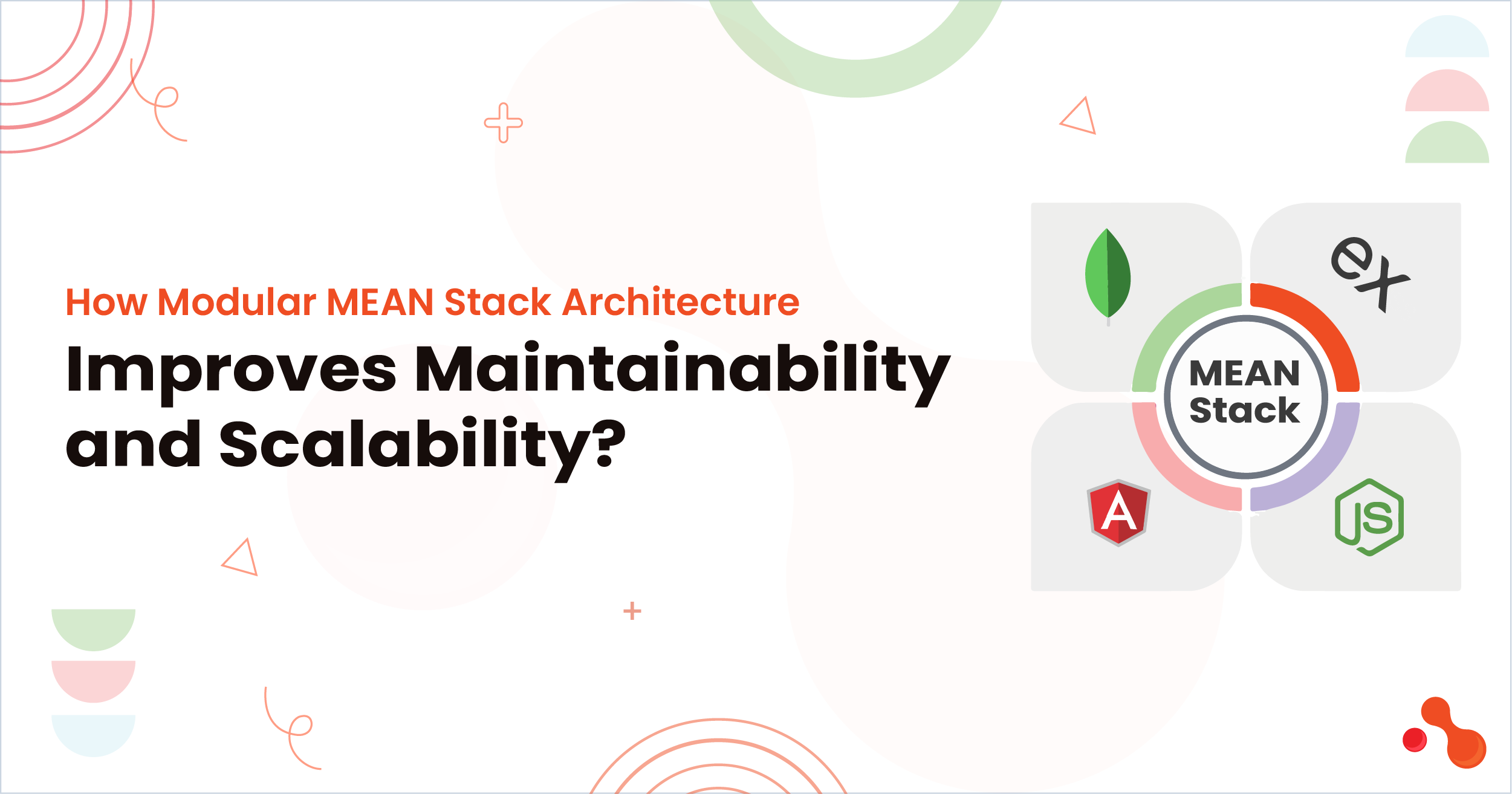In today’s rapidly evolving digital landscape, decentralized applications (dApps) have become a cornerstone of blockchain technology. However, with increased adoption comes the growing need for robust security measures. As these applications handle sensitive data and transactions, ensuring their security is paramount. One of the most innovative ways to safeguard dApps is through dApp security AI. This powerful tool leverages artificial intelligence to continuously monitor and protect decentralized applications from vulnerabilities, attacks, and unauthorized access.
Table of Contents
ToggleIn this article, we will explore how dApp security AI plays a crucial role in securing decentralized applications. We will also discuss the different aspects of dApp security AI, how it works, and why it is essential for the future of blockchain technology. Whether you’re a developer or a business owner, understanding how dApp security AI can enhance your dApp’s security framework is vital.
Understanding dApp Security
Before diving into dApp security AI, it’s important to understand what dApp security involves. dApps, or decentralized applications, are built on blockchain networks and do not rely on a central authority or server. This decentralization offers greater transparency and resistance to censorship. However, it also presents unique challenges in terms of security.
Key Aspects of dApp Security
-
Smart Contract Vulnerabilities: dApps often rely on smart contracts to automate operations. These contracts are susceptible to bugs and exploits, which can result in significant financial losses.
-
Data Privacy: Since dApps are decentralized, data privacy is a critical concern. Ensuring that sensitive user data remains protected from malicious actors is a top priority.
-
Network Security: The underlying blockchain network can also be vulnerable to attacks like 51% attacks, where a malicious actor gains control over the majority of the network.
-
User Authentication: As dApps often allow users to interact with decentralized protocols, it is essential to ensure secure and robust authentication methods.
How AI Can Improve dApp Security
1. Real-Time Threat Detection and Mitigation
dApp security AI can continuously monitor a decentralized application for any signs of malicious activity or vulnerabilities. By analyzing data and user behavior, AI can detect abnormal patterns that may indicate a potential threat. For instance, it can identify unusual transaction behaviors, potential exploits in smart contracts, or unauthorized access attempts.
-
Anomaly Detection: AI can be trained to recognize what normal behavior looks like and flag any irregularities that might indicate an attack.
-
Automated Response: Once a threat is detected, AI can automatically initiate defense mechanisms such as halting suspicious transactions, locking down certain parts of the application, or notifying administrators.
2. Smart Contract Auditing
Smart contracts are at the heart of dApps, but they can be prone to coding errors or security flaws. dApp security AI tools can conduct automated audits of smart contracts, scanning for vulnerabilities before deployment. These AI-powered audits are much faster and more comprehensive than manual reviews, identifying potential security risks that might have gone unnoticed.
-
Automated Vulnerability Scanning: AI tools can scan smart contracts for common vulnerabilities such as reentrancy attacks or gas limit issues.
-
Error Detection: By learning from past exploits and vulnerabilities, AI can detect errors in smart contract code that could lead to security breaches.
3. Continuous Monitoring of Blockchain Networks
Blockchain networks that host dApps must be continuously monitored for any signs of attack. dApp security AI can track the overall health of the network, identify potential threats like 51% attacks, and help developers respond to such issues quickly. AI can analyze network traffic in real-time and look for signs of tampering or malicious activity.
-
Monitoring Consensus Mechanisms: AI can track the performance of blockchain consensus algorithms and detect if an adversary is attempting to alter the network’s integrity.
-
Data Integrity Verification: AI tools can verify the consistency of data across the network, ensuring that all nodes are operating under the same set of rules and data.
4. Fraud Prevention and Detection
Fraud is a growing concern in the decentralized finance (DeFi) space, which is heavily reliant on dApps. dApp security AI can help prevent fraud by monitoring transactions and analyzing patterns for suspicious activities. Machine learning algorithms can detect fraudulent transactions based on historical data and user behavior.
-
Transaction Analysis: AI can examine each transaction in real-time, looking for signs of fraudulent activity such as double-spending or front-running.
-
Behavioral Profiling: By analyzing user behavior and transaction histories, AI can create profiles for each user. It can then flag any behavior that deviates from the norm as potentially fraudulent.
Benefits of Using dApp Security AI
1. Enhanced Protection Against Exploits
Using AI to monitor and protect your dApp ensures that it is always up-to-date with the latest security measures. AI can detect known exploits and vulnerabilities, as well as identify new threats as they emerge. With AI, you don’t have to wait for a hacker to exploit a weakness before taking action.
-
Proactive Defense: Unlike traditional security systems that react to breaches after they happen, AI provides proactive protection, stopping attacks before they cause harm.
-
AI-Driven Improvements: AI systems learn from each attack and adapt, making future defenses even stronger.
2. Cost Efficiency
AI-powered security systems can save time and money by automating many of the tasks traditionally handled by security professionals. This automation reduces the need for manual intervention and allows security teams to focus on more complex tasks. Additionally, AI systems can prevent costly data breaches and smart contract exploits.
-
Reduced Labor Costs: AI can perform many tasks that would typically require human oversight, thus reducing operational costs.
-
Prevention of Costly Attacks: By detecting threats early, AI helps to mitigate the financial losses that can occur as a result of security breaches.
3. Faster Response Times
In the event of a security incident, time is critical. dApp security AI can respond to threats much faster than human security teams. AI’s ability to detect and respond to suspicious activity in real time helps reduce the impact of potential attacks.
-
Instant Action: Once a threat is detected, AI can act immediately, taking measures such as halting transactions or alerting security teams without delay.
-
Reduced Downtime: By addressing threats quickly, AI minimizes system downtime, ensuring that your dApp remains operational during an attack.
4. Improved User Trust
The security of a dApp is a major concern for users, especially when it comes to handling sensitive data and financial transactions. By implementing dApp security AI, you demonstrate your commitment to securing user data and providing a trustworthy platform. This leads to increased user confidence and adoption of your dApp.
-
Confidence in Transactions: Users are more likely to trust a dApp that proactively secures their data, leading to greater engagement and usage.
-
Transparency in Security: AI systems provide real-time monitoring and alerts, allowing users to see that their transactions and data are being protected at all times.
Implementing dApp Security AI
1. Choosing the Right AI Tools
To implement dApp security AI, it’s important to choose the right AI tools and platforms. Not all AI systems are the same, and the security needs of a dApp can vary based on its use case and blockchain. Look for AI tools that offer:
-
Real-Time Monitoring: Ensure that the AI system offers continuous monitoring of both smart contracts and the underlying blockchain network.
-
Machine Learning Capabilities: Choose AI tools that use machine learning to adapt to new security threats and improve over time.
-
Scalability: As your dApp grows, the AI system should be able to handle an increasing amount of data and traffic.
2. Integrating AI Into Your dApp
Once you’ve chosen the appropriate AI tools, the next step is integrating them into your dApp. This may require working with experienced developers who can seamlessly integrate the AI-powered security systems without disrupting your application’s functionality.
-
Seamless Integration: The AI system should integrate smoothly with your dApp’s architecture, ensuring no performance degradation.
-
Security Layer: Ensure that the AI security system is fully layered into the dApp, offering an additional line of defense against potential attacks.
3. Ongoing Maintenance and Updates
AI security systems need regular updates to stay effective. As new vulnerabilities and exploits emerge, your dApp security AI tools should be updated to address these threats. Regular maintenance ensures that your security infrastructure remains up-to-date and capable of handling evolving attack methods.
-
Continuous Training: Machine learning models should be continuously trained to detect new threats and adapt to changing attack patterns.
-
Frequent Audits: Regular audits of the AI system’s performance can help identify areas for improvement and ensure the AI remains effective.
Conclusion
As dApps continue to gain popularity, the need for robust security measures has never been greater. dApp security AI offers a powerful solution to protect decentralized applications from a wide range of threats. From real-time threat detection and smart contract auditing to fraud prevention and continuous monitoring, AI tools provide unmatched protection. By implementing dApp security AI, developers and businesses can ensure that their applications are secure, efficient, and trusted by users.
Incorporating dApp security AI not only enhances the security of decentralized applications but also improves operational efficiency, reduces costs, and builds user trust. As the digital landscape continues to evolve, leveraging AI to protect dApps will be essential in staying ahead of emerging threats and maintaining the integrity of blockchain technology.


